There are few books with such a reputation as D.H Lawrence’s final novel, Lady Chatterley’s Lover. It has become a byword for literary lasciviousness: the fiercely erotic affair between aristocrat Lady Chatterley and her gamekeeper, Mellors, is firmly embedded (pun intended) into our popular culture. In a new film adaptation, French director Laure de Clermont-Tonnerre reconfigures the novel into its historical and political context.
The book begins in the last years of the First World War. Constance and Clifford Chatterley have just married before his return to the Front. Connie (played by Emma Corrin) is from a well-connected but bohemian family – we discover she has already had a sexual relationship prior to meeting Clifford (Matthew Duckett). The Chatterley name is older, and Clifford, already a baronet, will inherit the family seat, Wragby. The couple’s lives are upended when Clifford returns home, gravely injured. Left in a wheelchair, Clifford and Connie are faced with the difficulty of having children. In an extraordinary scene, Clifford proposes that Connie has an affair – with a suitable man – to carry forward the Chatterley name, likening it to a “trip to the dentist”. Connie baulks at the idea, but during one of her walks around the estate, she meets the gamekeeper, Oliver Mellors (Jack O’Connell). In him, she finds a kindred spirit. Mellors is well-read: his James Joyce meets her Virginia Woolf. The passion between them begins to build, and Connie quickly realises that a simple exchange is not on the cards. There is a connection, deeper than her marriage. A decision needs to be made.
It’s astonishing to think that Lawrence’s love story was considered so obscene that his publisher, Penguin, was tried at the Old Bailey. Through a 21st century lens, Lawrence’s exploration of sexuality is so matter of fact, it’s Merchant Ivory without the costumes. David Magee’s screenplay taps into the post-trial sensibility, where Lawrence was regaled as “mascot of the sexual revolution”. The attitude to sex and sensuality is uninhibited and frank. Magee not only loosens the corset-grip on costume drama, but his take on Lawrence reminds us that the novel, published on the Continent in 1928, was years ahead of its time.
However, critical thinking on Lawrence has shifted in the century following the book’s publication: Lawrence’s trope of submissive heroines and dominant men hasn’t played out well. Magee and Clermont-Tonnerre have sidelined this in favour of an intelligent and sensitive Lady Chatterley who is not afraid to express her desires, and does not automatically cede to her partner’s either. Emma Corrin portrays a woman caught between two states: Lady Chatterley is, by definition, still part of the ruling class but Connie yearns for a different life, regardless of the consequences. One of the most interesting parts of the film is where the affair between Chatterley and Mellors becomes common knowledge, and lines are quickly drawn. Connie’s sister – who clearly considers herself a free-wheeling bohemian – doesn’t hide her disdain for the working-class gamekeeper; while the townsfolk’s response is morally puritanical. For all their talk of moving on from the war, the old attitudes continue to stick.
The film digs into the earthy sensuality of Lawrence’s writing, with a restless, searching camera. It finds points of interest to linger on: banks of lush foliage that become the couple’s makeshift bedroom; a velvet sash, tied around Lady Chatterley’s dress. Connie and Oliver even get their very own Garden of Eden moment, where they dance naked in the rain. The film is bathed in a palette of bruising greys, blues and greens, with the film’s cinematographer Benoit Delhomme painting the screen as it if were a canvas. Lady Chatterley may not be Lawrence’s best work, but it certainly benefits from getting the Hollywood treatment.
While Lady Chatterley does not shy away from the book’s explicitness, there is an eagerness in the film to temper the sensuality we’re all onboard for, with the earnest, headstrong voice of Lawrence. Conspicuously working-class in a literary landscape dominated by the moneyed, privileged few, Lawrence’s anger at the gaping inequalities of his age; the moral hypocrisy, is palpable. The staid, unchanging England that Clifford represents, bears the brunt of Lawrence’s scorn. He asks us to consider a system where the customs and practices uphold an undeserving elite. It is no coincidence that Lawrence chose for himself a roaming, nomadic existence, moving from country to country. The novel – as notorious as it is for its sexual content – is far more radical than just the loosening of clothes. A truthful, honest adaptation; balancing the personal with the political, Lady Chatterley’s Lover exposes much more than flesh.
Lady Chatterley’s Lover is screening at Plymouth Arts Cinema from Fri 6th – Thu 12th January.
Reviewed by Helen Tope
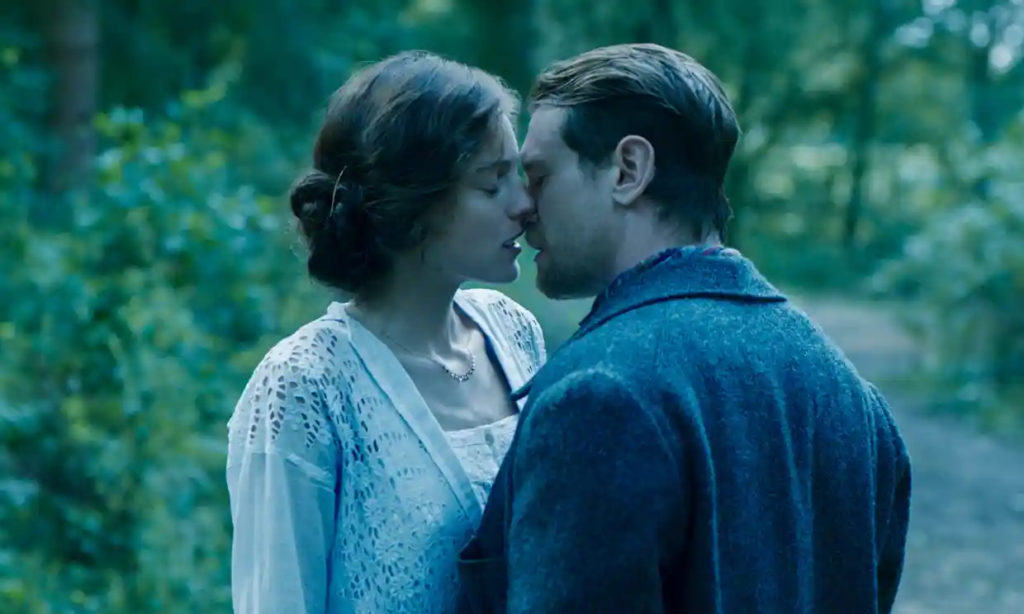
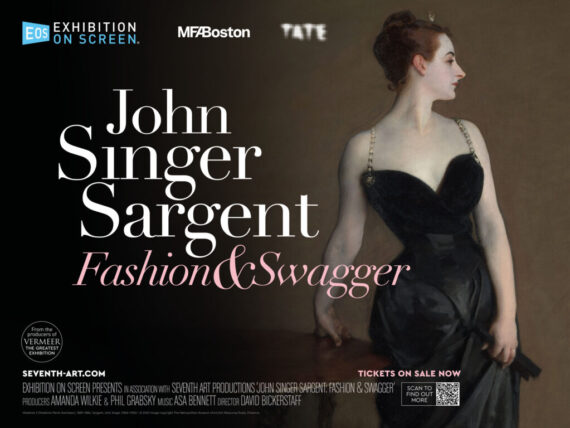



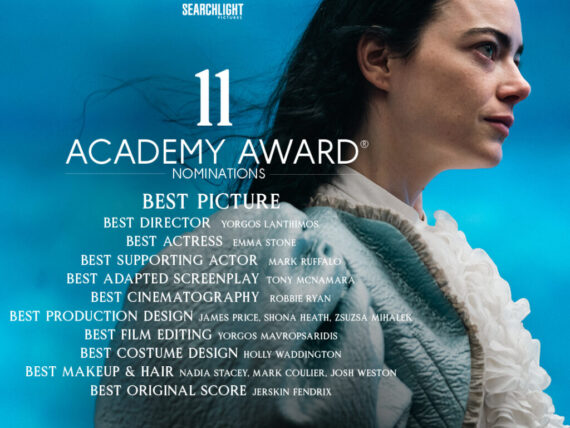
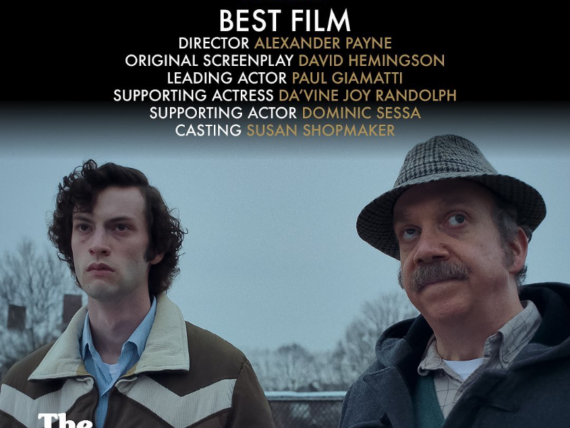
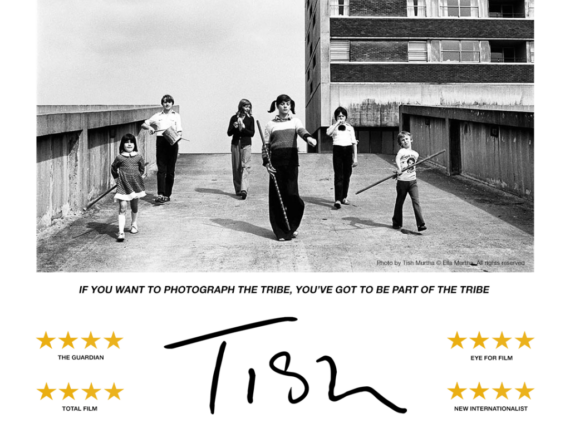

Comments
No comment yet.